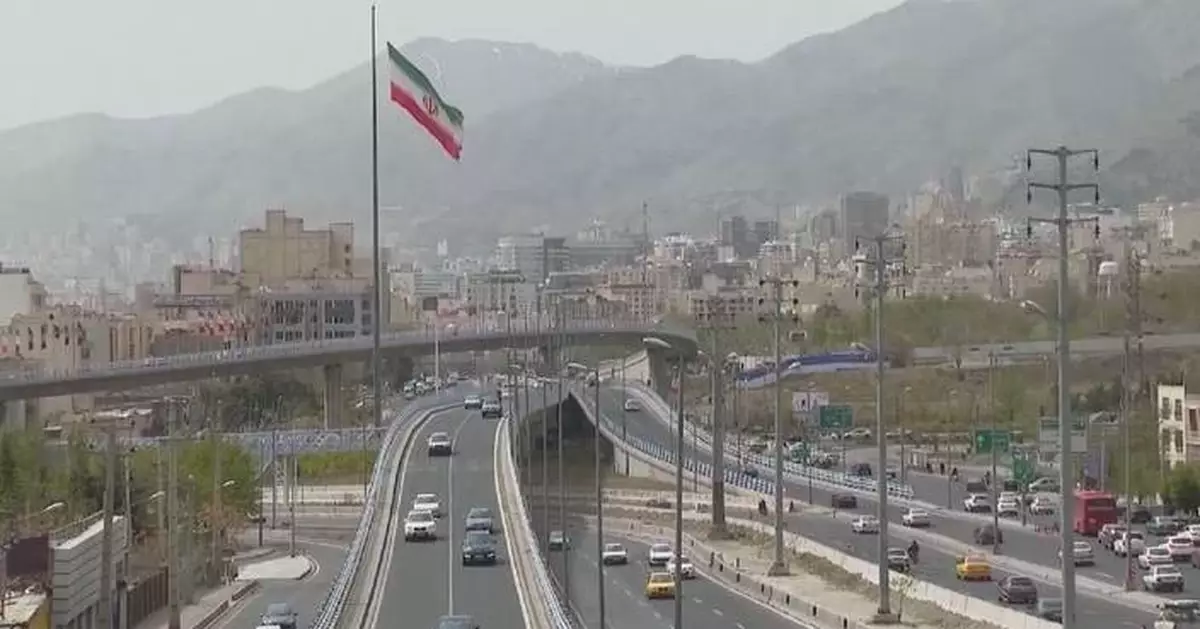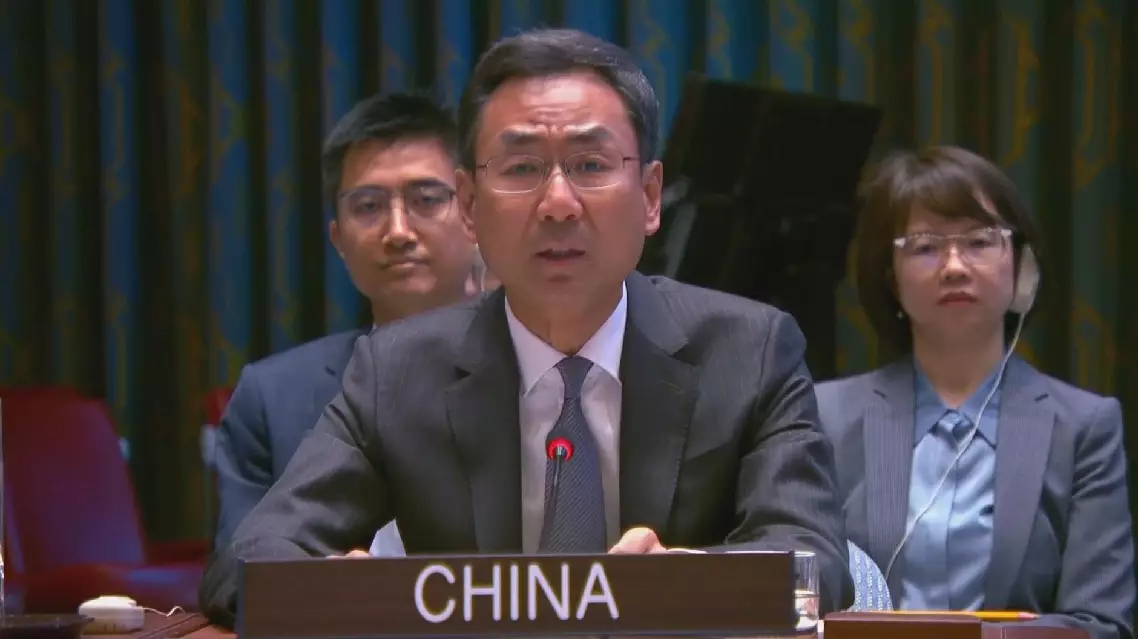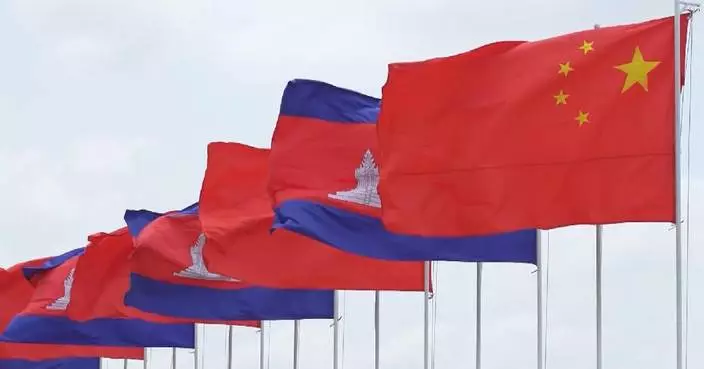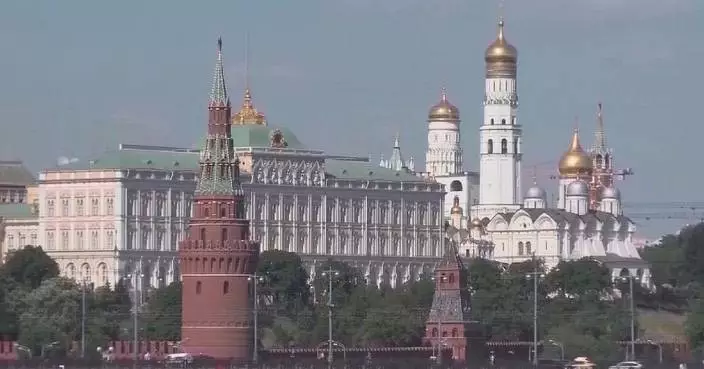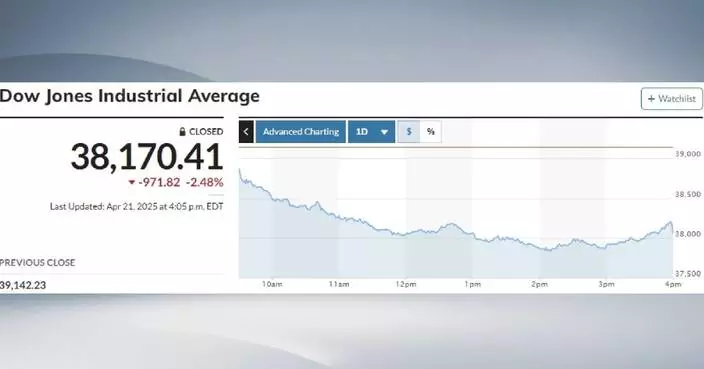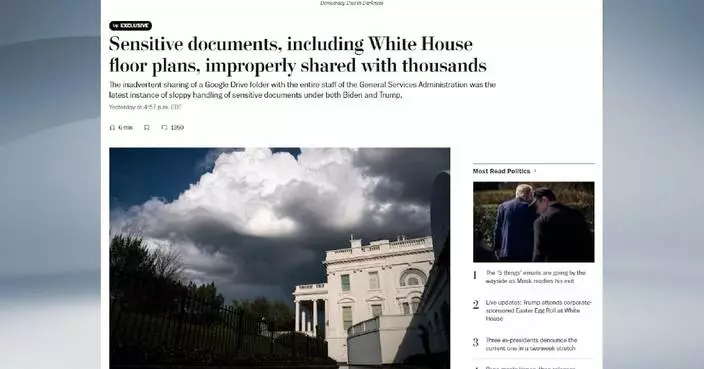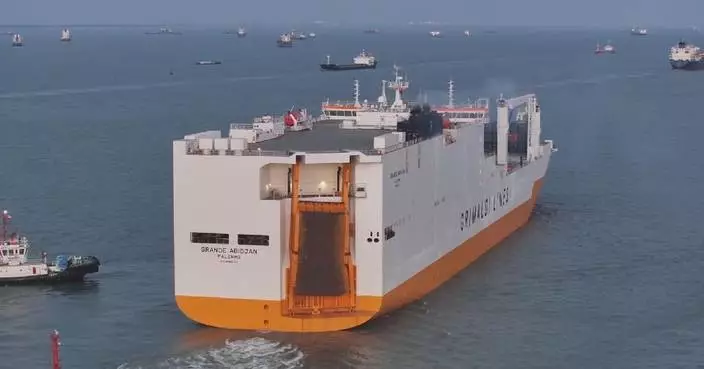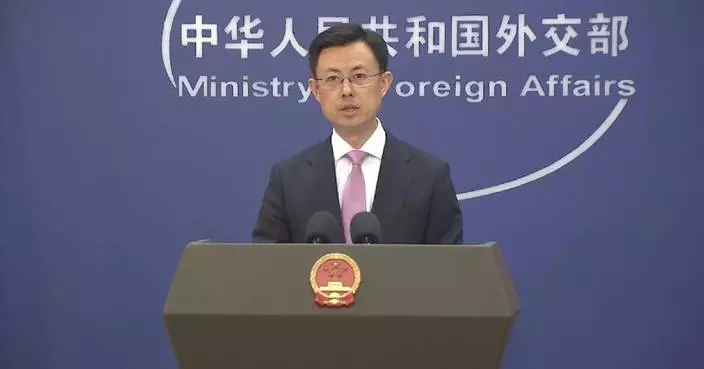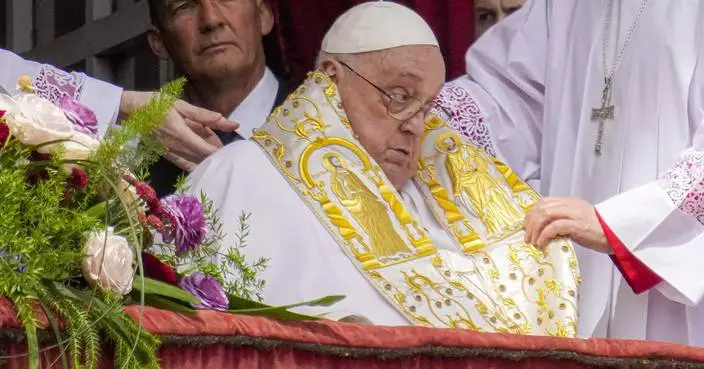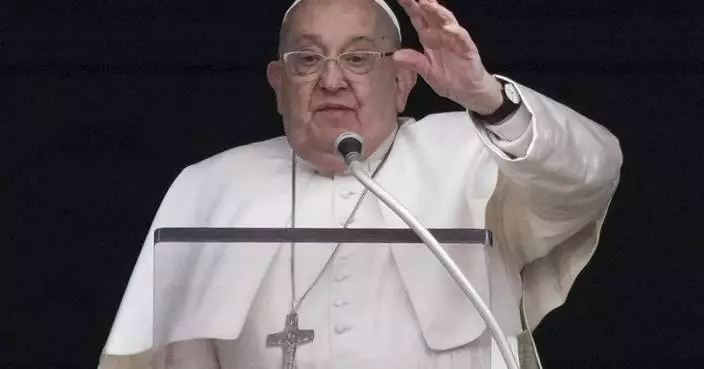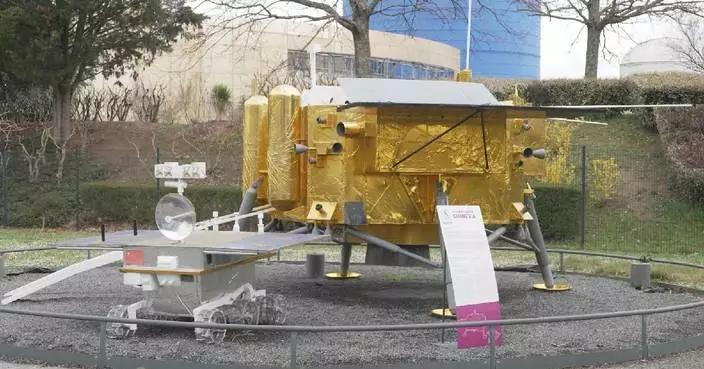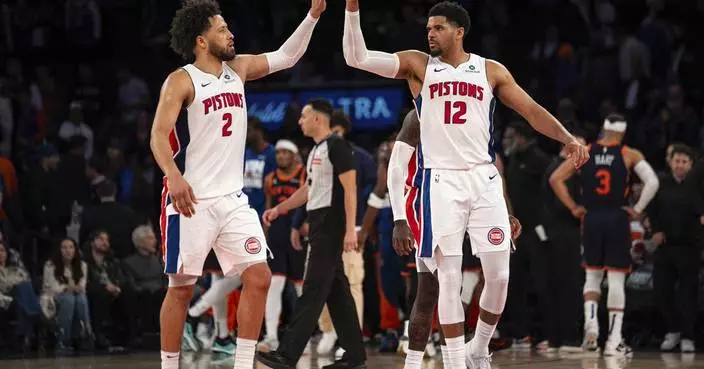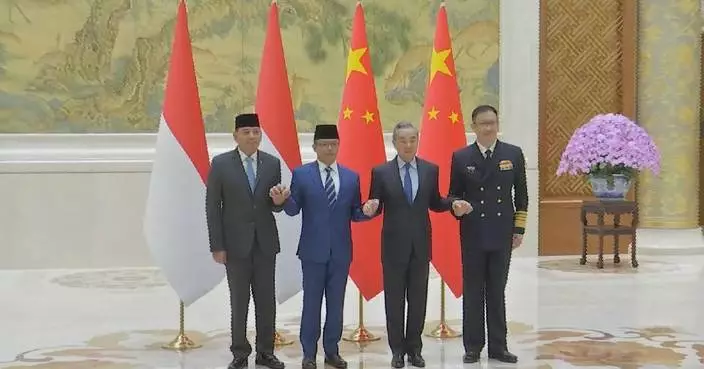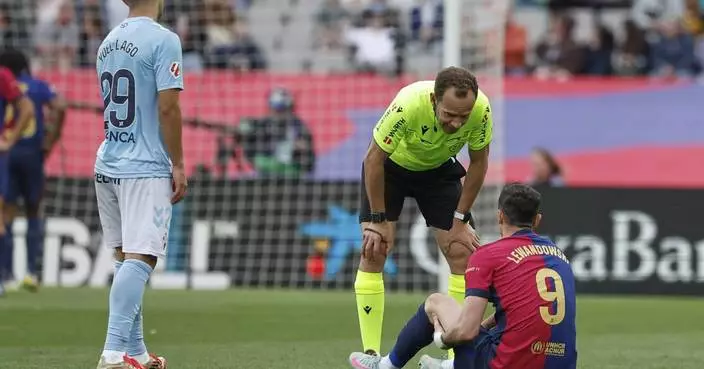Iranian Supreme Leader Ali Khamenei on Tuesday downplayed the prospects for a breakthrough in talks with the Unite States over Iran's nuclear program and sanctions removal, after the United States deployed its second aircraft carrier strike group to Middle East waters.
Italian Foreign Minister Antonio Tajani said on Monday that the Italian government had agreed to host the talks between Iran and the United States in Rome this coming Saturday, while neither Iran nor the United States has confirmed the venue of the second round of negotiations.
Talking about the first round of indirect Iran-U.S. talks held in Muscat, Oman, on April 12, Khamenei told senior government officials at a meeting in Tehran on Tuesday that "We should not be extremely optimistic or extremely pessimistic about these talks."
He added that the negotiations may or may not yield results.
He stressed, "We are, of course, very distrustful of the other side. However, we are optimistic about our capabilities."
The Iranian leader also cautioned against "tying the country's affairs to the talks," emphasizing that activities in industrial, economic, construction, and cultural sectors, as well as the implementation of major projects, should proceed uninterrupted, as they are unrelated to the talks in Oman.
According to U.S. media reports on Tuesday, the second aircraft carrier strike group deployed by the U.S. military in the Middle East had arrived in waters near Yemen, ahead of the second round of negotiations in the Omani capital.
Satellite images show that the U.S. aircraft carrier Carl Vinson is currently positioned near Socotra Island off the coast of Yemen in the Gulf of Aden, according to the U.S. media reports.
Accompanying it are a cruiser and two destroyers, thus forming a dual U.S. carrier strike group in the region.
The U.S. Navy's Fifth Fleet, headquartered in Bahrain, declined to provide details about the mission of this carrier strike group.
The latest talks between Iran and the United States were proposed by U.S. President Donald Trump, who threatened Iran with bombing and secondary tariffs if Iran did not come to an agreement with the United States over its nuclear program.
Iran signed a nuclear deal, formally known as the Joint Comprehensive Plan of Action, with six major countries -- Britain, China, France, Germany, Russia, and the United States -- in July 2015, accepting restrictions on its nuclear program in return for sanctions relief.
However, the United States withdrew from the deal in May 2018 and reinstated sanctions, prompting Iran to scale back some of its nuclear commitments. Efforts to revive the nuclear deal have not achieved substantial progress.
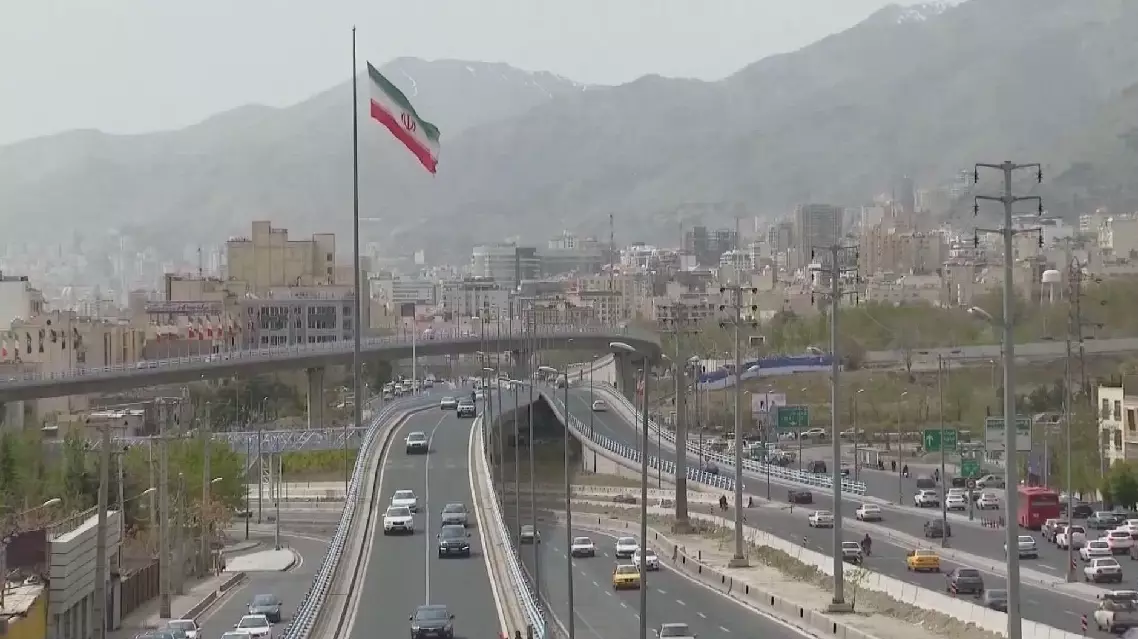
Iran's leader downplays prospects for Iran-US talks after Washington sends 2nd aircraft carrier to Middle East
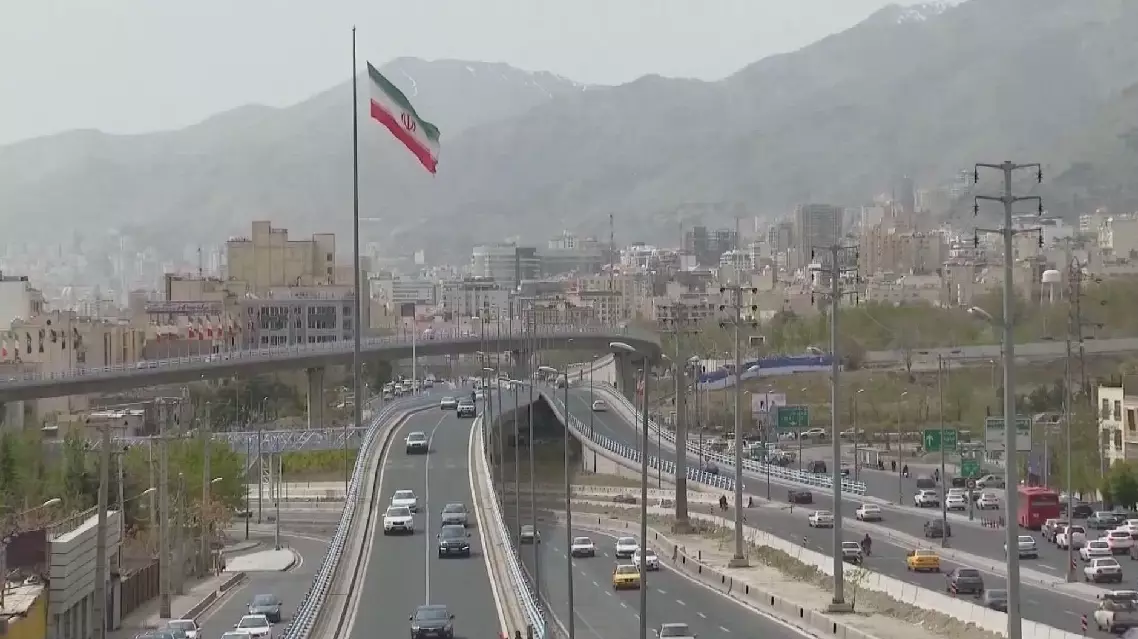
Khamenei downplays prospects for Iran-US talks after Washington sends 2nd aircraft carrier to Middle East
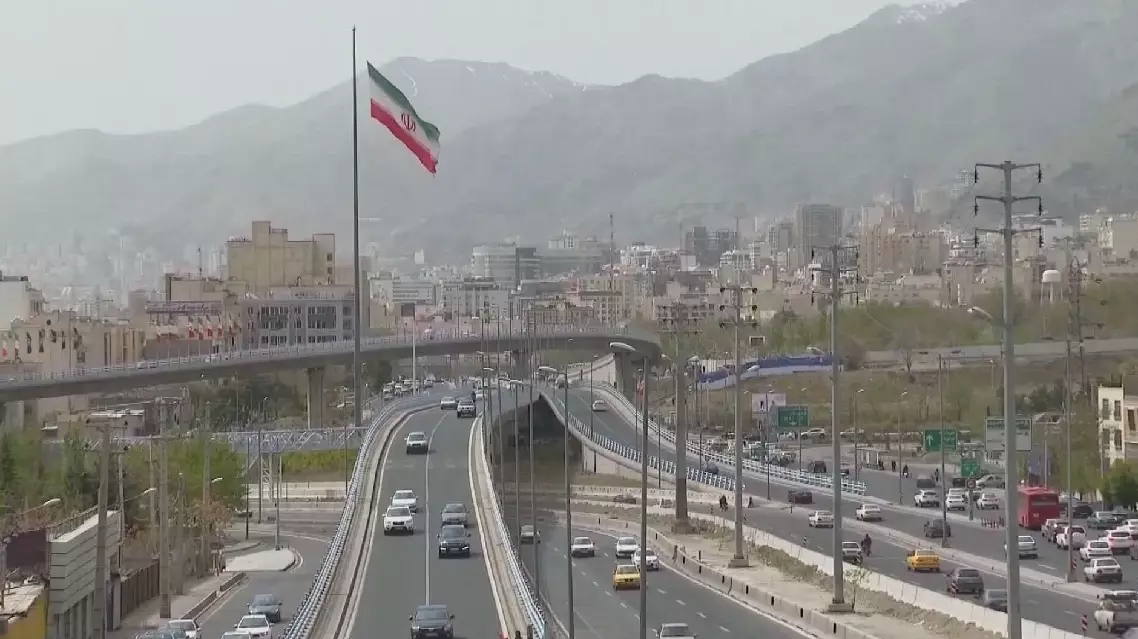
Iranian leader warns against extreme optimism, pessimism about talks with US


